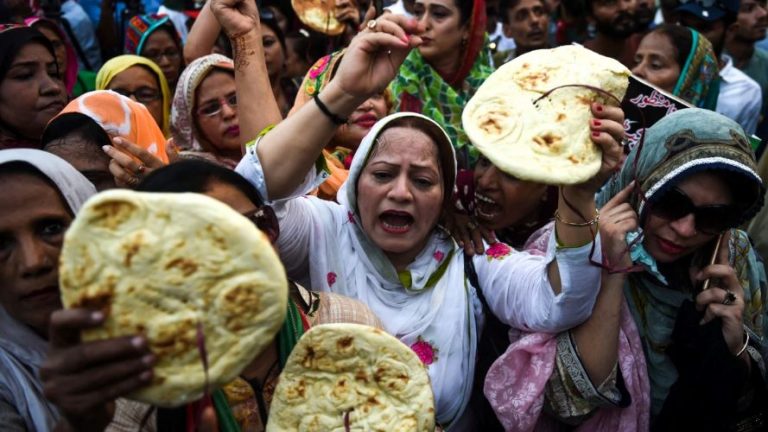
Corruption, economic downturns, and discord between institutions and individuals have left no apparent solution
Zaheer Udin Babar Junejo
In a unique nation where over half the populace consists of youth, the struggle to fulfill life’s essentials persists. Corruption, economic downturns, and discord between institutions and individuals have left no apparent solution. As ordinary citizens we find ourselves bound to mere necessities, constantly paying our leaders to serve us, yet their efforts consistently fall short. I once came across the transformation of Singapore, which was once the epitome of instability and addiction. However, a visionary leader emerged and triggered a profound shift. Introducing tax incentives, publicly-owned enterprises, fostering a sense of national unity, and prioritizing national development. They as a nation now lead almost every aspect. In this nation, employees receive substantial compensation, but accountability is upheld rigorously. Regrettably, in the realm of purity, impurities abound. Almost half of our population is left to fend for themselves, burdened by significant payments that yield little in return.
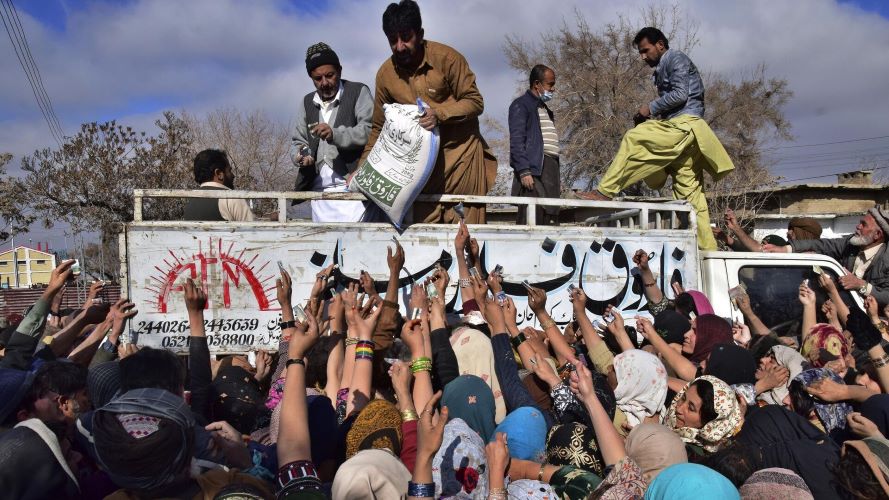 In our daily lives, we seek essential goods that often remain elusive despite hefty payments. We witness how even basic comforts are priced extravagantly, making them unattainable for the middle class. Public institutions, tainted by corruption, push citizens towards the private sector, eroding their self-respect as they bear exorbitant costs by parting with hard-earned possessions amassed over the years. A grim reality emerges suicide rates surge, orphaned children and widowed spouses are left to fend for themselves. Parents invest in their children not only in improving their quality of life but also in providing a better citizen to society through education, only to find themselves coerced into paying for employment that isn’t always based on merit.
In our daily lives, we seek essential goods that often remain elusive despite hefty payments. We witness how even basic comforts are priced extravagantly, making them unattainable for the middle class. Public institutions, tainted by corruption, push citizens towards the private sector, eroding their self-respect as they bear exorbitant costs by parting with hard-earned possessions amassed over the years. A grim reality emerges suicide rates surge, orphaned children and widowed spouses are left to fend for themselves. Parents invest in their children not only in improving their quality of life but also in providing a better citizen to society through education, only to find themselves coerced into paying for employment that isn’t always based on merit.
In this complex landscape, the struggle for a just and equitable existence persists. As we navigate the intricacies of daily life, the pursuit of basic necessities often feels like an unending battle. The concept of affordability becomes skewed, with luxury items being elevated to unattainable heights, deliberately excluding a vast portion of the population. Amidst this backdrop, the erosion of trust in public sector institutions casts a shadow over governance. Instances of corruption and mismanagement sow seeds of disillusionment among citizens, propelling them towards seeking alternatives, often at the expense of their own self-esteem. The heavy toll exacted from hard-earned possessions, accumulated diligently over decades, forces individuals to make distressing choices that compromise their dignity. Natural calamities, far from being equalizers, reveal the stark inequalities deeply embedded within society. The vulnerable bear the brunt of such catastrophes, while the powerful exploit these circumstances for their gain, further entrenching their dominion. Parents, fueled by a noble aspiration to nurture conscientious citizens, invest not only in their children’s education but also in the promise of a brighter future for all. However, the disillusioning reality emerges that success in this pursuit is often intertwined with a disheartening caveat – the imperative to pay for opportunities that should rightfully be earned on the basis of merit.
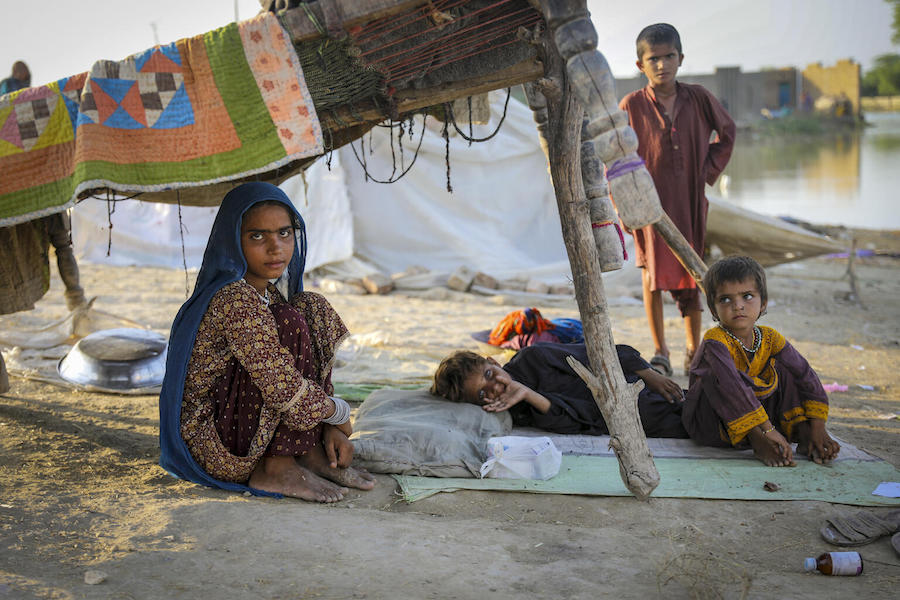 The challenge lies in the collective spirit of the people. The call for change reverberates through every corner of society, urging individuals to come together, transcend differences, and pave the way for a future where purity is not an abstract concept, but a lived reality for all
The challenge lies in the collective spirit of the people. The call for change reverberates through every corner of society, urging individuals to come together, transcend differences, and pave the way for a future where purity is not an abstract concept, but a lived reality for all
In this landscape of contrasts, where purity meets struggle, there is a yearning for change. The whispers of a better tomorrow echo through the hearts of the people, urging for a leader who can transcend the current predicament. The quest for transformation has historical precedents. Consider the story of Singapore a nation that once grappled with its demons, only to be redeemed by a leader’s visionary ideals, who dedicates his personal liking and praise over the needs of his nation. This leader understood that true progress is not only about economic prosperity, but also about fostering a sense of unity, shared responsibility, and integrity.
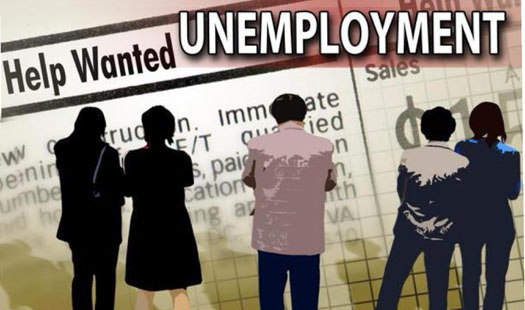 In our current reality, the dichotomy is stark. While some earn handsome wages, the sword of justice swings unapologetically for those found guilty of wrongdoing. Yet, paradoxically, the concept of purity remains elusive for many. A significant portion of the population finds themselves navigating a challenging landscape, burdened by exorbitant costs without reaping the promised benefits. I believe every era has the potential for a turning point. It requires a collective realization that change is not a gift from above, but a product of collective will and unwavering determination. The nation yearns for a paradigm shift, for leaders who rise above personal interests and prioritize the well-being of the populace.
In our current reality, the dichotomy is stark. While some earn handsome wages, the sword of justice swings unapologetically for those found guilty of wrongdoing. Yet, paradoxically, the concept of purity remains elusive for many. A significant portion of the population finds themselves navigating a challenging landscape, burdened by exorbitant costs without reaping the promised benefits. I believe every era has the potential for a turning point. It requires a collective realization that change is not a gift from above, but a product of collective will and unwavering determination. The nation yearns for a paradigm shift, for leaders who rise above personal interests and prioritize the well-being of the populace.
Hope glimmers on the horizon, fueled by the examples set by other nations that have risen from the depths of despair to become beacons of progress. The path may be arduous, but it is not insurmountable. As the land of purity seeks its own transformative journey, it needs to draw inspiration from those who have walked similar paths, turning adversity into opportunity and uncertainty into unwavering resolve. The challenge lies in the collective spirit of the people. The call for change reverberates through every corner of society, urging individuals to come together, transcend differences, and pave the way for a future where purity is not an abstract concept, but a lived reality for all.
___________________
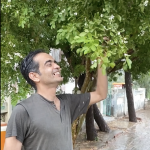 Zaheer Udin Babar Junejo, based in Hyderabad, is a specialist in Institutional Development, MEAL (Monitoring, Evaluation, Accountability, and Learning), and Fundraising
Zaheer Udin Babar Junejo, based in Hyderabad, is a specialist in Institutional Development, MEAL (Monitoring, Evaluation, Accountability, and Learning), and Fundraising